How Long Do Water Heaters Last?
Have you ever been caught mid-shower by a sudden blast of cold water? It’s a rude awakening, and often a sign that your water heater is on its way out. Whether you’re dealing with lukewarm baths or a mysterious puddle near the tank, it all raises one big question: How long do water heaters actually…
Have you ever been caught mid-shower by a sudden blast of cold water? It’s a rude awakening, and often a sign that your water heater is on its way out. Whether you’re dealing with lukewarm baths or a mysterious puddle near the tank, it all raises one big question: How long do water heaters actually last?
Understanding the lifespan of your water heater is more than just useful, it’s essential. Replacing it before it fails can save you money, hassle, and a whole lot of cold showers. In this guide, we’re diving deep into the lifespan of various types of water heaters, how usage habits play a role, what you can do to extend their life, and when it’s time to move on from an aging unit.
What Determines a Water Heater’s Lifespan?
The life of a water heater isn’t set in stone. While many manufacturers offer estimates, the real longevity of your system depends on a handful of key factors:
1. Type of water heater – Gas, electric, and tankless systems all age differently.
2. Daily usage – A household of five will put more strain on a heater than a home of two.
3. Water quality – Hard water can be brutal on heating elements and tank interiors.
4. Maintenance – Regular flushing, inspections, and small tune-ups go a long way.
5. Tank size – Heaters with smaller tanks often run more frequently, which can shorten their lifespan.
When you combine all these elements, you get a better picture of how long your system is likely to last, and whether it’s worth repairing or replacing when problems pop up.
Types of Water Heaters and How Long They Last
Not all water heaters are created equal. Some last a decade, others push past 20 years. Here’s what to expect based on the type you have (or are considering).
Conventional Tank Water Heaters
The most common residential systems are storage tank water heaters, typically powered by either gas or electricity. They store a set amount of hot water, usually between 30 and 80 gallons, and heat it continuously to keep it ready when you need it.
Lifespan Range: 8 to 15 years
The average tank water heater lasts about 10 to 12 years, assuming regular maintenance. If you don’t flush your tank annually or check your anode rod, corrosion can creep in and cut that number down considerably.
Let’s break this down even further by fuel type.
Electric Tank Water Heaters
Electric water heaters have fewer components than gas models, which often means less wear and tear. They also don’t deal with combustion, which can accelerate aging in gas units.
Average lifespan: 10 to 15 years
However, they do rely on heating elements, which can fail due to sediment buildup. With regular flushing and anode rod replacements, electric heaters can push toward the upper end of their lifespan.
Gas Tank Water Heaters
Gas models tend to heat water faster and cost less to operate in areas with low gas prices. But they also involve more components (like pilot lights, burners, and exhaust systems) that can fail over time.
Average lifespan: 8 to 12 years
The combustion process also introduces moisture and carbon buildup, both of which can corrode internal parts if not monitored.
What About Tankless Water Heaters?
Tankless, or on-demand, water heaters are becoming increasingly popular, and for good reason. Instead of storing water in a tank, they heat water instantly as it flows through the unit. This process reduces standby heat loss and improves energy efficiency.
Average lifespan: 15 to 25 years
Tankless systems last much longer than traditional tanks, mainly because they don’t store water, which significantly reduces the risk of corrosion. They also run only when hot water is needed, resulting in less operational strain.
However, maintenance is still crucial, especially in homes with hard water. Annual descaling and occasional filter cleaning help these units live up to their full potential.
Does Size Affect Lifespan? (40- and 50-Gallon Water Heaters)
Tank capacity doesn’t directly affect how long a water heater will last, but how you use it does. A properly sized water heater that meets your household’s needs without constantly running out of hot water will generally last longer than one that’s overworked daily.
Let’s look at two of the most common tank sizes.
40-Gallon Water Heater
A 40-gallon tank is often found in homes with 2 to 3 people. It provides a decent amount of hot water but may struggle if several people take back-to-back showers or if you’re running the dishwasher and laundry at the same time.
How long does a 40-gallon water heater last?
Typically, it lasts 8 to 12 years, assuming average usage and maintenance.
How long does a 40-gallon water heater last for a shower?
It depends on your showerhead’s flow rate, but generally, a 40-gallon tank can support 2 to 3 10-minute showers back-to-back before running out of hot water.
50-Gallon Water Heater
A 50-gallon unit is better suited for families of 4 or more. It offers more buffer capacity and reduces the risk of overuse.
How long does a 50-gallon water heater last?
With regular maintenance, you can expect 10 to 15 years of service. Larger tanks don’t necessarily last longer by design, but they may experience less daily cycling, which reduces wear and tear.
Signs Your Water Heater Is Wearing Out
Most water heaters don’t just stop working, they send out warnings first. Paying attention to these signs can help you plan for a replacement rather than being caught off guard.
- Rusty or discolored water – Often a sign the inside of the tank is corroding.
- Lukewarm or inconsistent temperatures – Might mean failing heating elements or burner issues.
- Banging, rumbling, or popping noises – Caused by sediment buildup heating unevenly.
- Leaks or moisture around the base – Could signal tank failure.
- Hot water runs out faster than usual – A sign the tank isn’t heating fully or recovering properly.
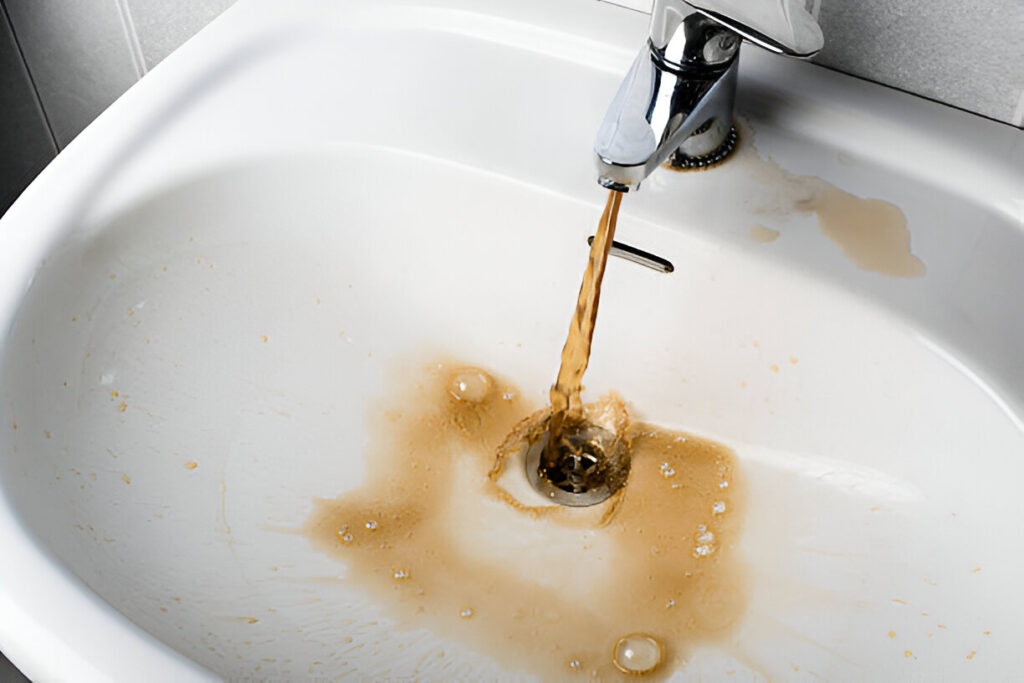
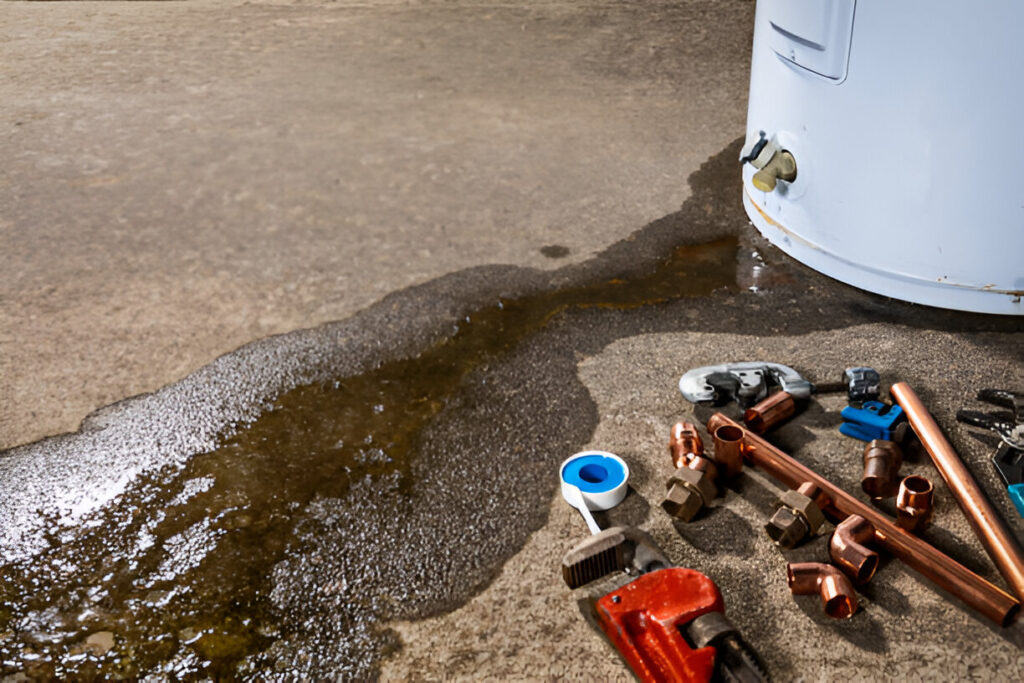
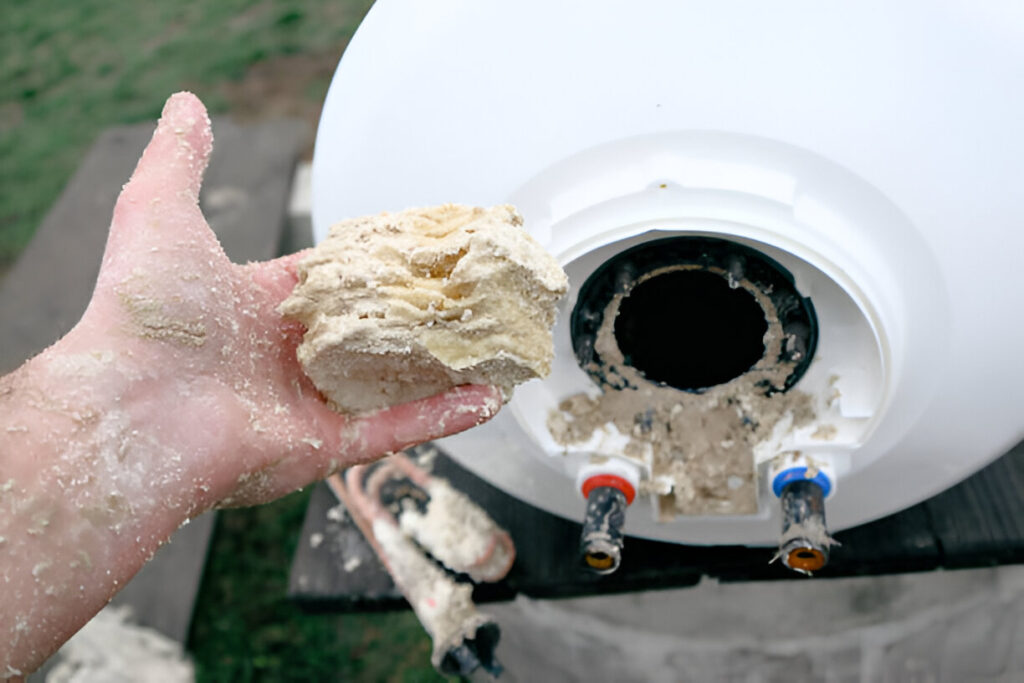
If your heater is over 10 years old and showing one or more of these symptoms, it’s probably nearing the end of its useful life.
If you’re noticing banging, rumbling, or popping noises, it may not be just your water heater common plumbing problems like pipe blockages or poor water pressure can also contribute.
How Much Does It Cost to Replace a Water Heater?
Let’s talk numbers. If your current unit is on its way out, you’ll need to budget for a replacement.
How much do water heaters cost? That depends on the type, size, and installation complexity.
Here’s a rough breakdown:
| Type | Unit Cost | Installation (avg) | Total Cost |
| Electric Tank | $300–$800 | $200–$700 | $500–$1,500 |
| Gas Tank | $400–$1,000 | $300–$1,000 | $700–$2,000 |
| Tankless (Gas/Electric) | $800–$2,000+ | $800–$1,500+ | $1,600–$3,500+ |
Keep in mind, these are just averages. High-efficiency models, longer warranties, and additional plumbing work can all increase the final bill.
How Can You Make a Water Heater Last Longer?
It’s easier than you think. Here are a few simple steps to add years to your system’s life:
- Flush the tank annually – This removes sediment buildup that can overheat the unit or reduce capacity.
- Check and replace the anode rod – This metal rod protects the tank from rust. Replacing it every 3 to 5 years helps prevent corrosion.
- Lower the thermostat – Setting your water heater to 120°F helps reduce overheating and energy use.
- Install a water softener – If you have hard water, this helps limit scale buildup, especially in tankless models.
- Insulate pipes and the tank – This reduces heat loss, keeps water hotter longer, and reduces how hard the unit has to work.
These small steps can extend a unit’s life by several years and help maintain performance.
Should You Repair or Replace?
Here’s the dilemma many homeowners face: repair the old water heater or buy a new one? The right answer depends on age, performance, and repair costs.
Repair it if:
- It’s less than 8 years old
- The issue is small (e.g., thermostat or heating element)
- There are no signs of tank corrosion or leaks
Replace it if:
- It’s more than 10 years old
- You’re seeing rust-colored water or leaks
- You’ve already had multiple repairs
- Efficiency has dropped and your bills are rising
A good rule of thumb? If a repair costs more than 50% of a new unit, and your system is nearing its end, replacement is the smarter option.
Be Prepared, Not Surprised
So, how long do water heaters last? The answer depends on what kind you have, how well you care for it, and how much it gets used. A well-maintained electric heater may give you 15 years, while a neglected gas unit might fail after 8. A tankless system? That could be your hot water solution for 20 years or more.
The bottom line is this: your water heater won’t last forever, but with the right knowledge and upkeep, it can serve your home reliably for many years. Track its age, watch for warning signs, and don’t wait until the hot water runs dry to start thinking about your options.
Need help understanding your next steps? We’ve got more resources on choosing the right water heater, installation tips, and maintenance checklists, just explore our related articles.




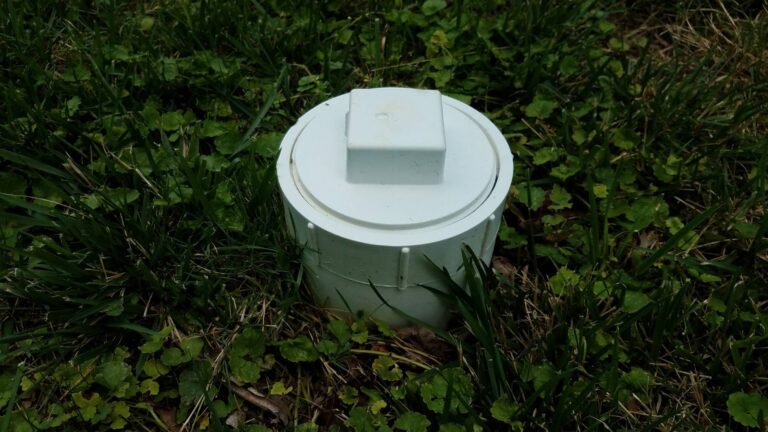
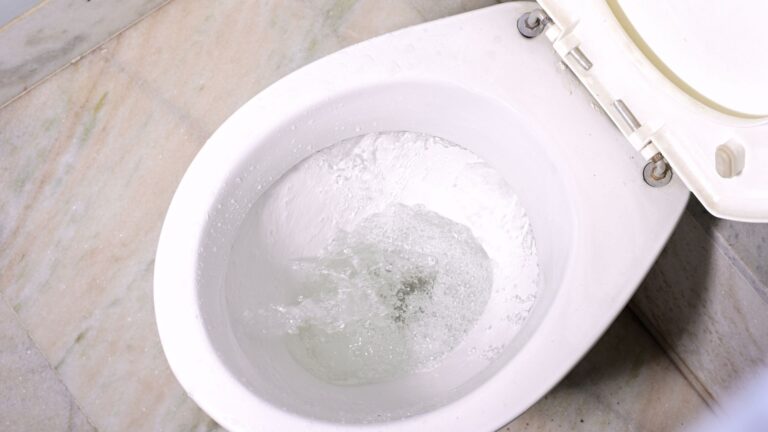
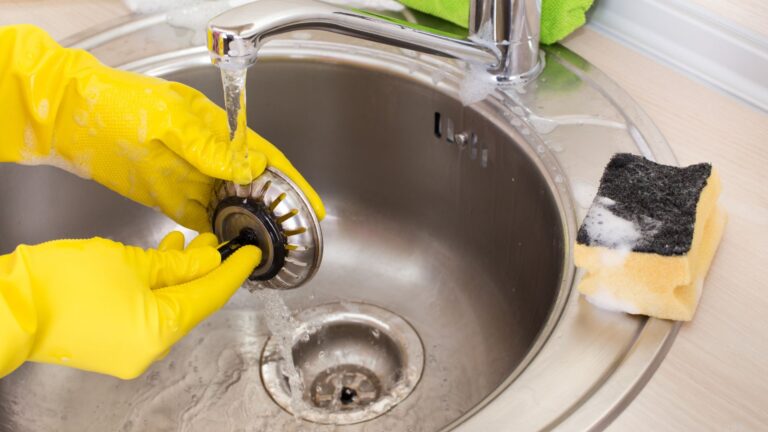
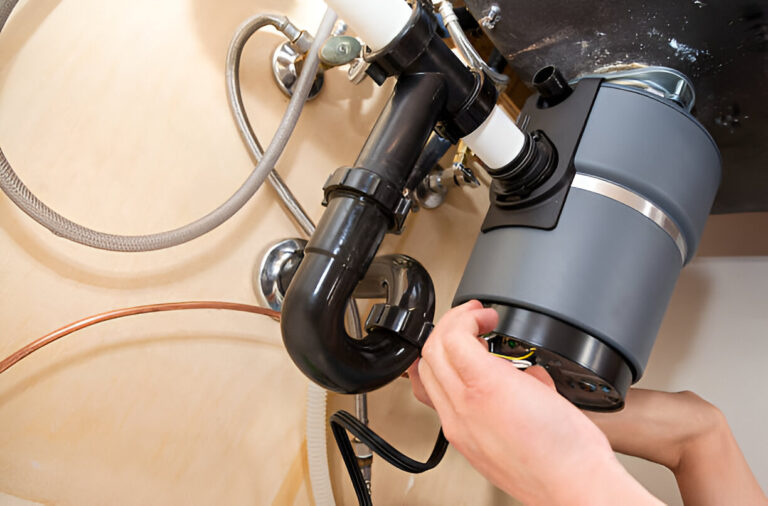
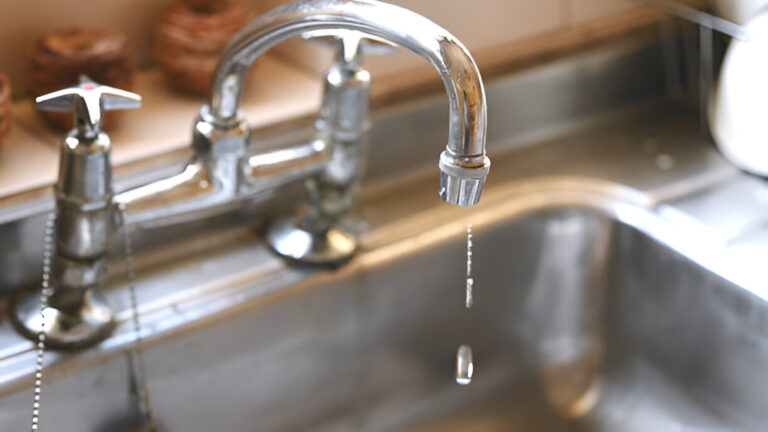
This article brings up an important point: the lifespan of a water heater isn’t just about age, but maintenance and usage. Anyone know if certain locations with hard water affect this too?
https://shorturl.fm/YfgRV
https://shorturl.fm/gEhGd